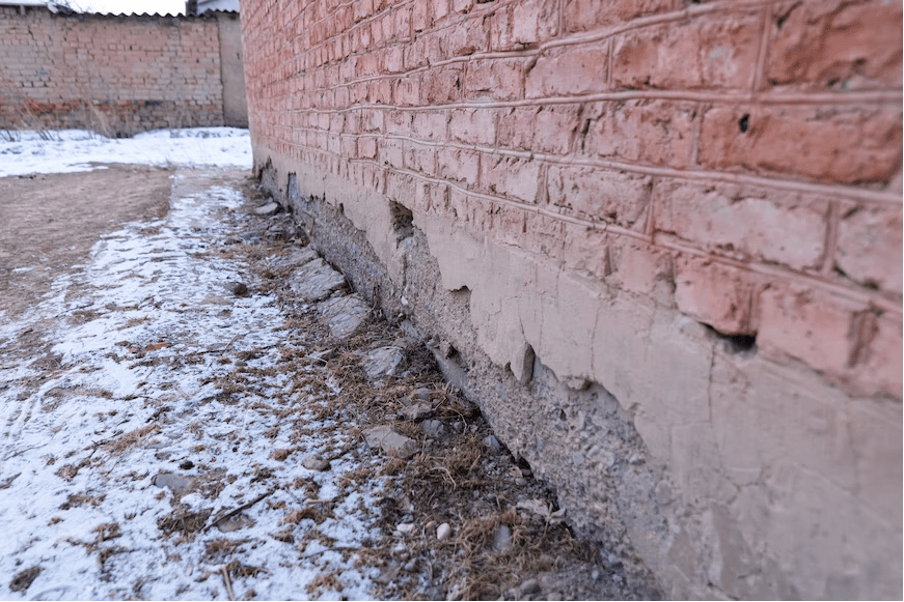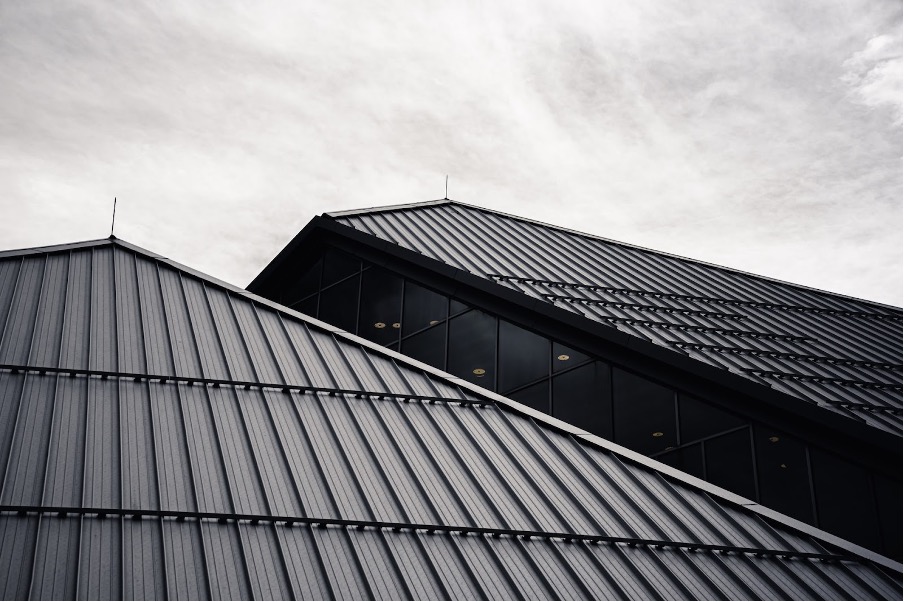
Water leaks can be a huge headache. Not only do they cause water damage to your property, but they can also be expensive to repair. In this blog post, we will discuss eight ways that you can prevent water leaks from happening in the first place. Follow these tips and you can rest assured that your property will be protected from water damage!
1) Repair Your Foundation
Many homeowners don’t think about their home’s foundation until there is a problem. And by that time, it can be expensive and difficult to fix. According to the professionals providing foundation waterproofing and repair, the best way to avoid foundation problems is to proactively maintain your home’s foundation. There are several things you can do to keep your foundation in good shape, including repairing any cracks or holes as soon as they appear. In addition, make sure that you use proper drainage around your home so that water does not accumulate near the foundation. If you have a basement, be sure to install a sump pump to help remove any excess water. By keeping your foundation in good condition, you can help prevent future water damage.
If you had already experienced water damage in your foundation, it’s crucial to act quickly before the situation worsens. You can easily find a reliable water damage restoration company near Tallahassee to assess the extent of the damage and provide professional repairs. These experts can help prevent further structural issues by addressing both the current damage and the underlying causes. With the right care, you can protect your home from long-term damage and maintain a solid, dry foundation for years to come.
2) Inspect Your Roof Regularly
Your roof is the first line of defense against the elements, so it is important to inspect it regularly for signs of wear and tear. Look for missing or broken shingles, cracked caulk, and any other signs of deterioration. If you find any problems, have them repaired immediately to keep water from seeping in. You should also make sure your roof is properly ventilated and insulated. This will help keep your attic dry, preventing moisture from dripping down into your home. In addition, it would be a smart idea to conduct a professional roof inspection at least once a year. A professional will be able to spot any potential issues before they become serious problems.

3) Check Your Gutters and Downspouts
Your gutters and downspouts are important for directing rainwater away from your home’s foundation. Make sure that these systems are properly installed, with no gaps or loose parts. If the gutter system is clogged with debris or the downspouts are blocked, the water can spill over the sides and pool up against the foundation of your home. To prevent this, clean out your gutters at least once a year and check for any signs of damage or deterioration. If you find any problems, have them repaired as soon as possible to keep water from leaking into your property. In order to properly protect your home from water damage, it is important to make sure that your gutters and downspouts are in good condition.
4) Inspect Your Plumbing System
Another way to keep water leaks out of your property is to inspect your plumbing system on a regular basis. Over time, pipes can become corroded or cracked, leading to leaking and water damage. If you notice any signs of wear and tear, be sure to call in a plumber to have them repaired or replaced before a more serious problem develops. You should also check for any signs of water damage around your sinks, toilets, and other plumbing fixtures. If you see any discoloration or wet spots, it could be a sign that there is a leak somewhere in the system.
5) Maintain Trees and Other Vegetation
Trees and other vegetation can be great for your property, but if they are not maintained properly, they can lead to water damage. Tree roots can grow into pipes, causing leaks and back-ups. In addition, overgrown plants and trees can cause water to accumulate near the foundation of your home. To prevent these issues from occurring, it is important to keep trees and other vegetation away from the foundation of your home, as well as any plumbing or drainage systems. Additionally, make sure to trim back any overgrown branches or plants that could be causing an issue.
6) Install a Backwater Valve
A backwater valve is a device installed in the sewer line of your property which helps prevent sewage from backing up into your home. If there is a sewer line backup, the valve will close and keep the sewage from entering your property. This can help protect against water damage due to overflowing sewers or plumbing problems. It is important to have a licensed plumber install these valves in order to make sure they are properly installed. A professional will be able to ensure that the valve is installed correctly and functioning properly.
7) Install an Interior Drainage System
If your property has a basement or crawl space, it would be a good idea to install an interior drainage system. This system consists of pipes that are buried around the foundation of your property in order to collect any water seeping in and redirect it away from your home. This type of system can be especially effective at keeping water out of basements and crawl spaces, as these areas are more prone to flooding and water damage. You should hire a contractor to install an interior drainage system in order to make sure that it is properly installed and functioning correctly.
8) Check Your Water Pressure
It is important to make sure that your water pressure is not too high. High water pressure can cause damage to pipes and seals, leading to leaks and water damage. If you notice that your water pressure is unusually high, contact a plumber for help in adjusting it. This will help protect your plumbing system from any potential leaks or damages caused by high water pressure. However, this doesn’t mean that you should turn off the water completely when you leave your home; instead, it’s important to make sure the pressure is at an appropriate level.
By following these eight steps, you can help protect your property from water leaks and water damage. Taking measures such as cleaning out gutters, inspecting plumbing systems, maintaining trees and other vegetation, installing a backwater valve, and installing an interior drainage system can help prevent leaks from occurring. In addition, it is important to check your water pressure in order to make sure that it is not too high. By taking some simple steps, you can protect your home or business from water damage.



